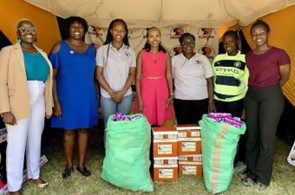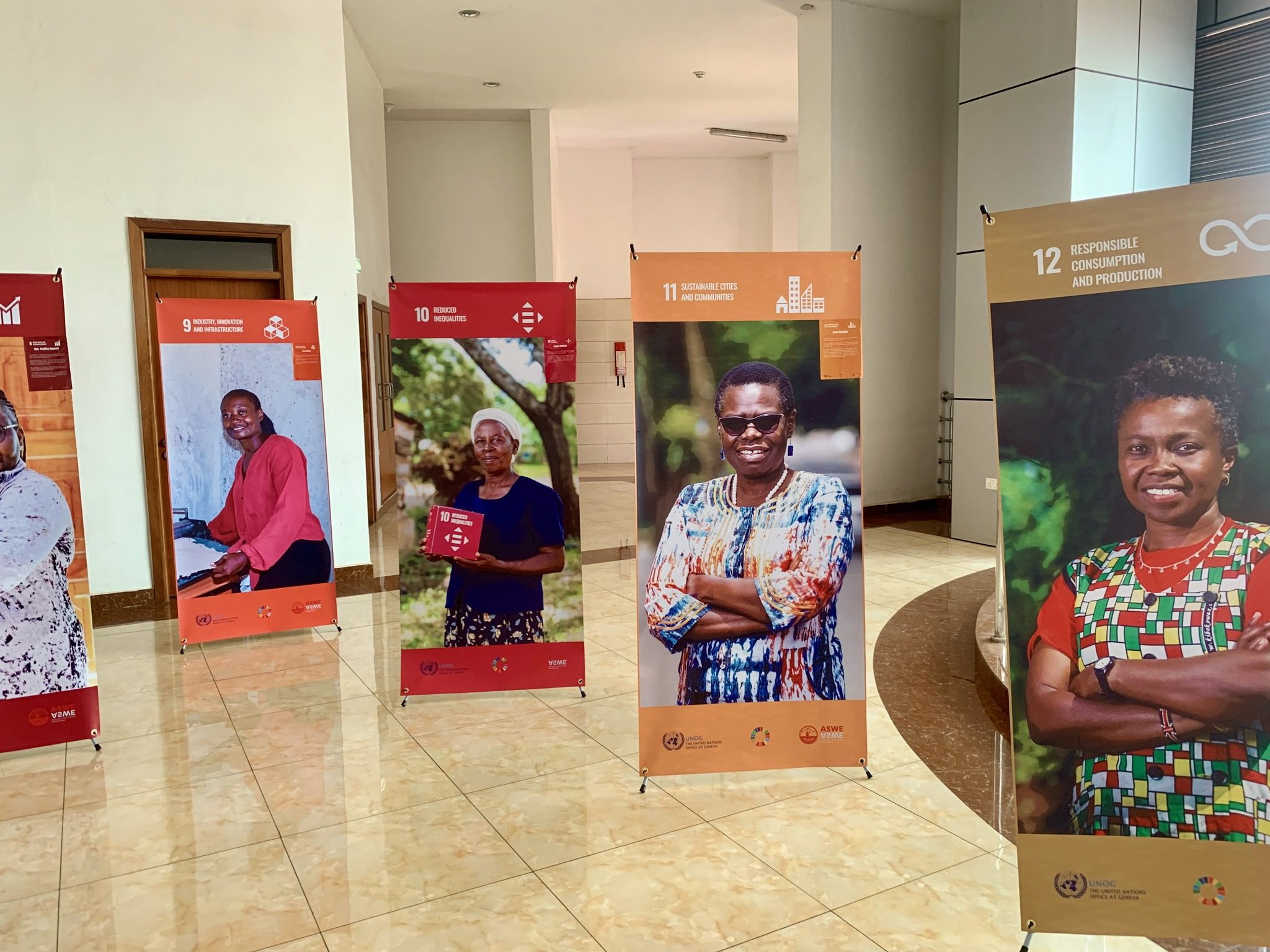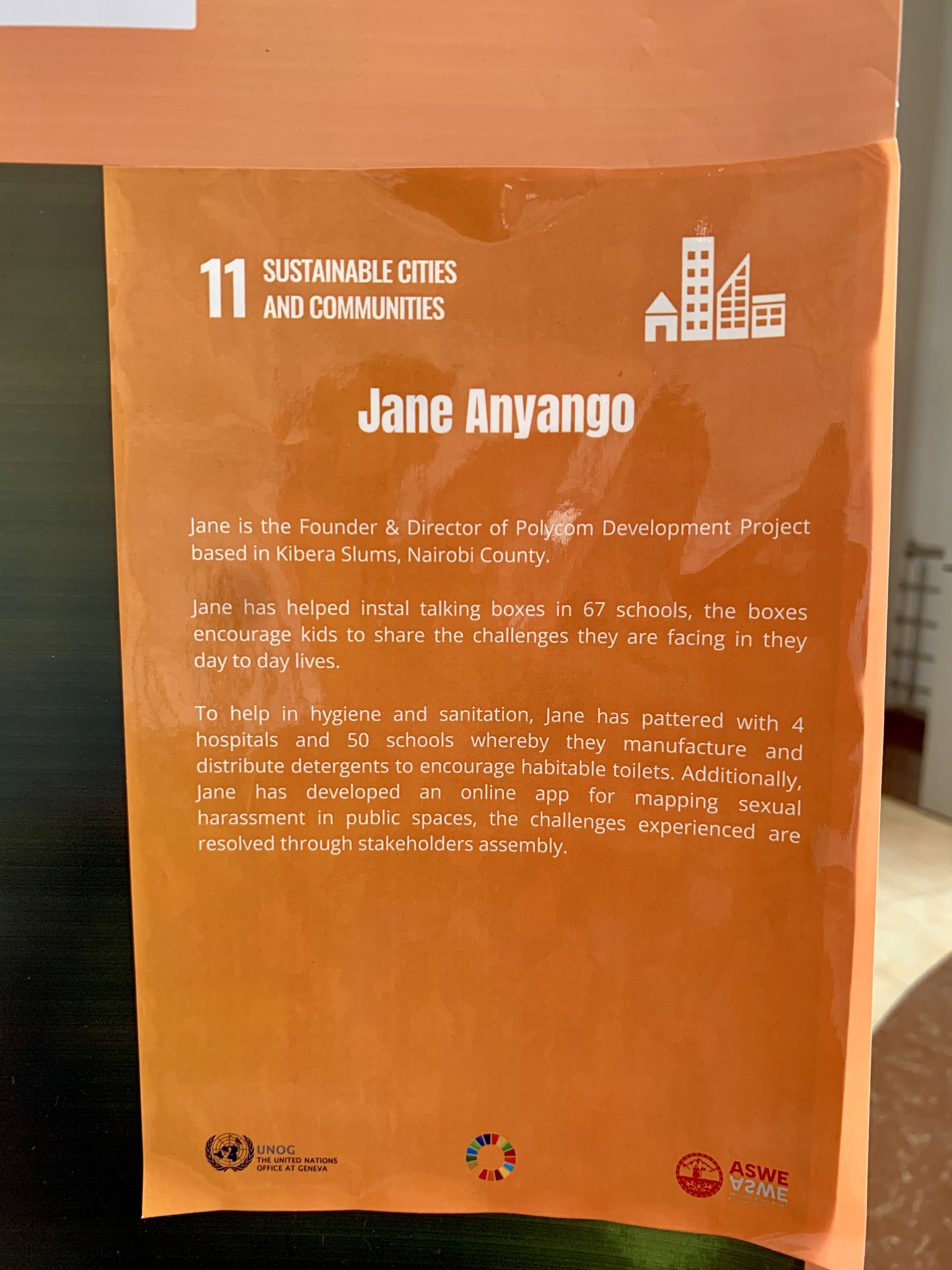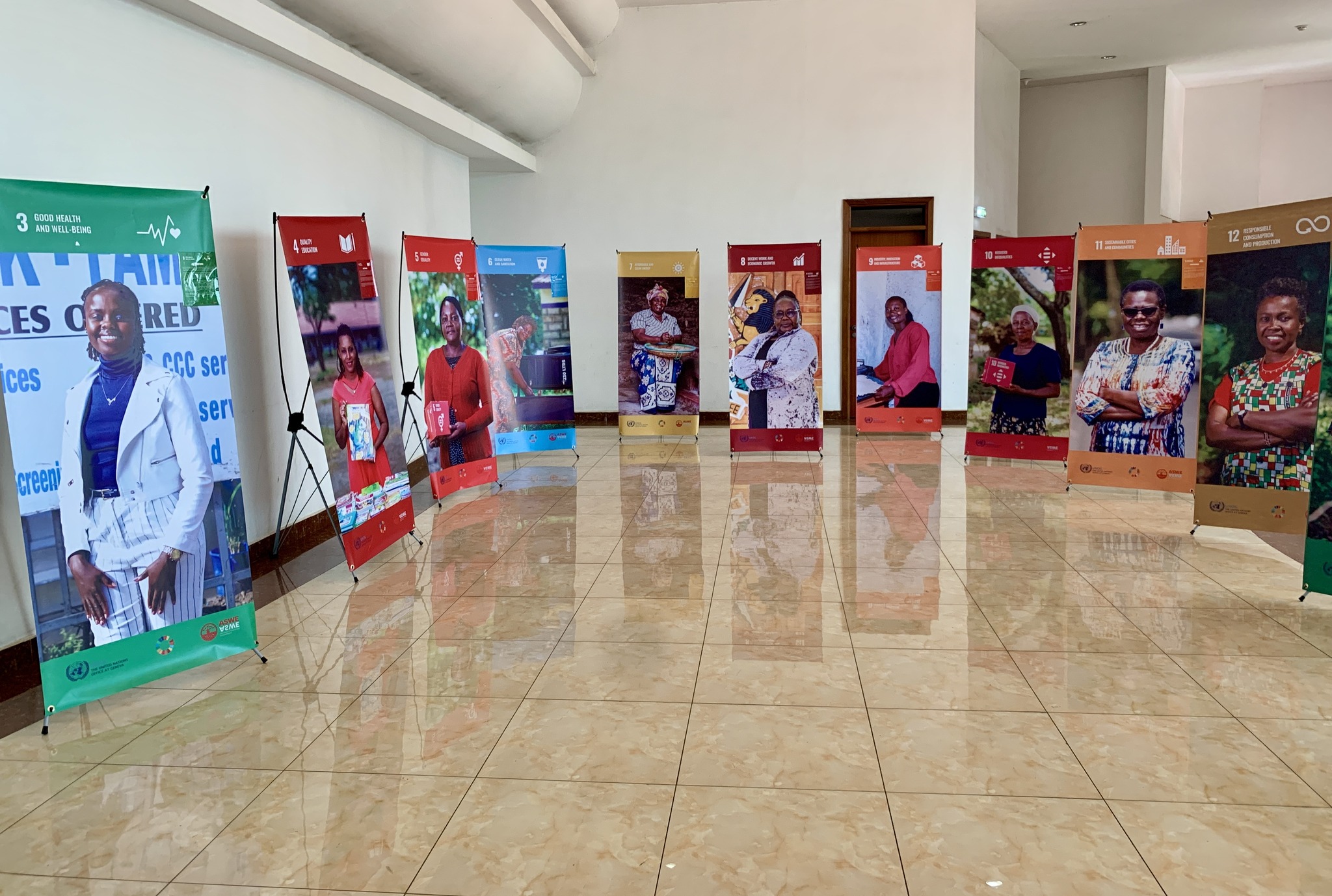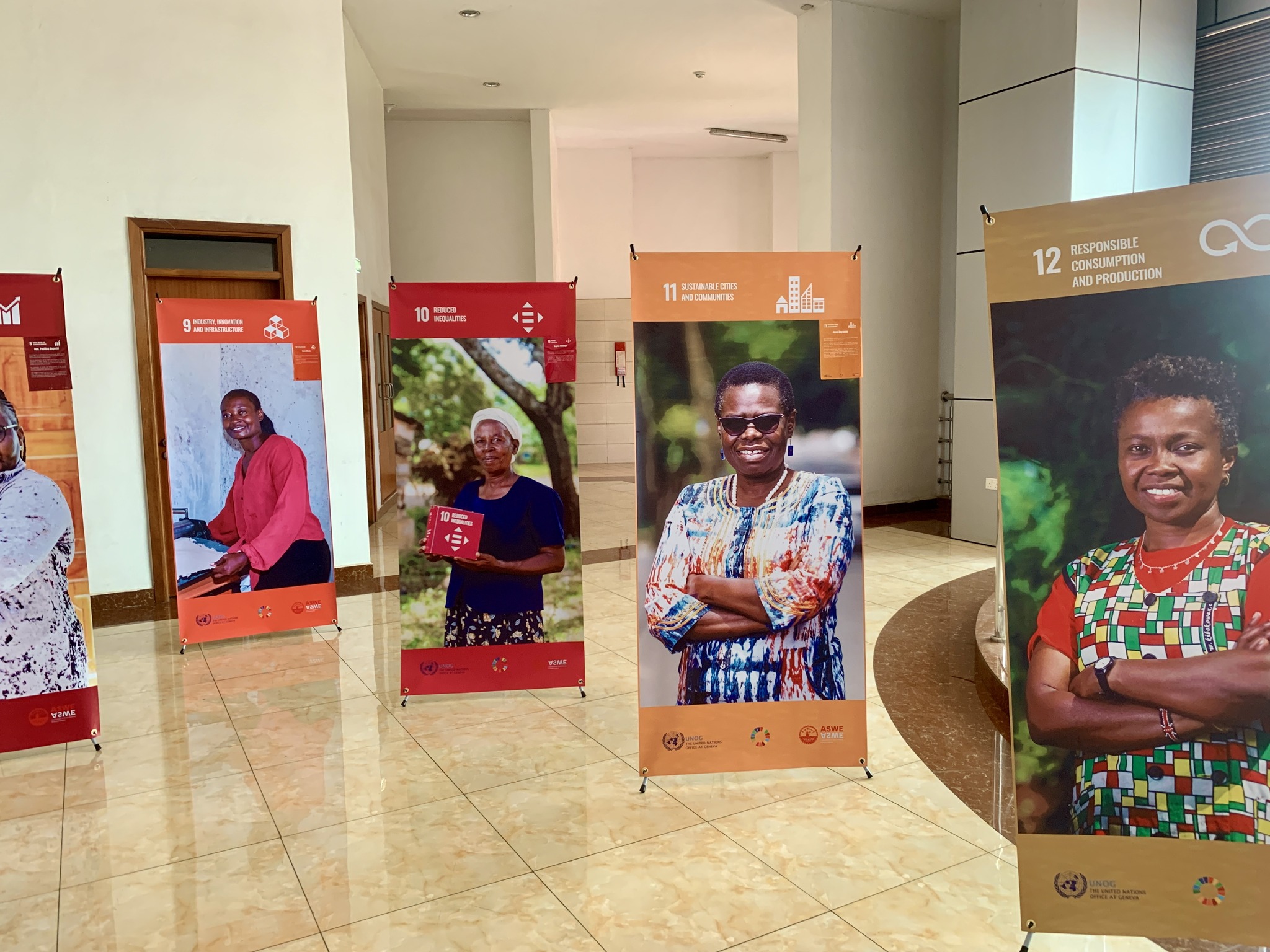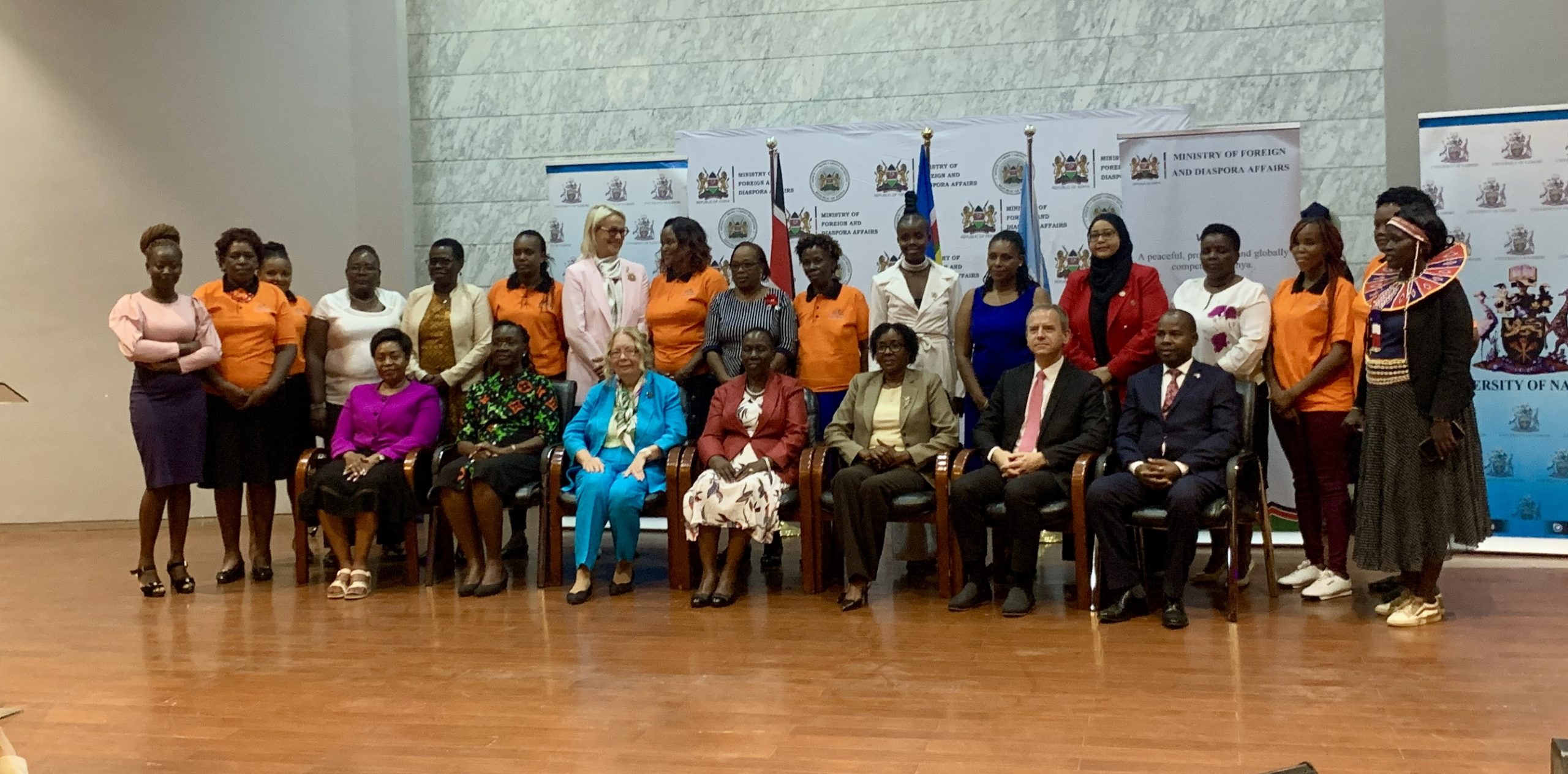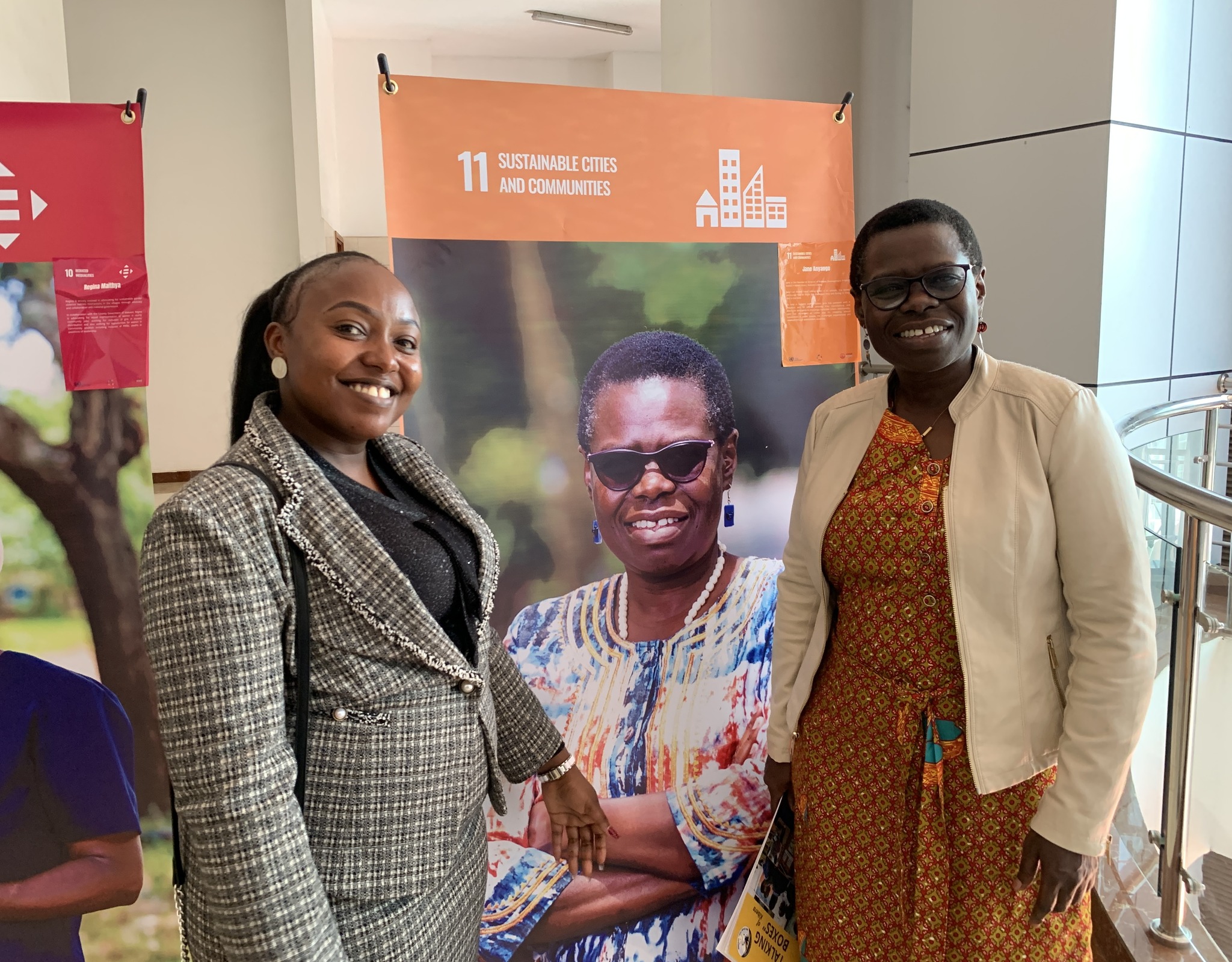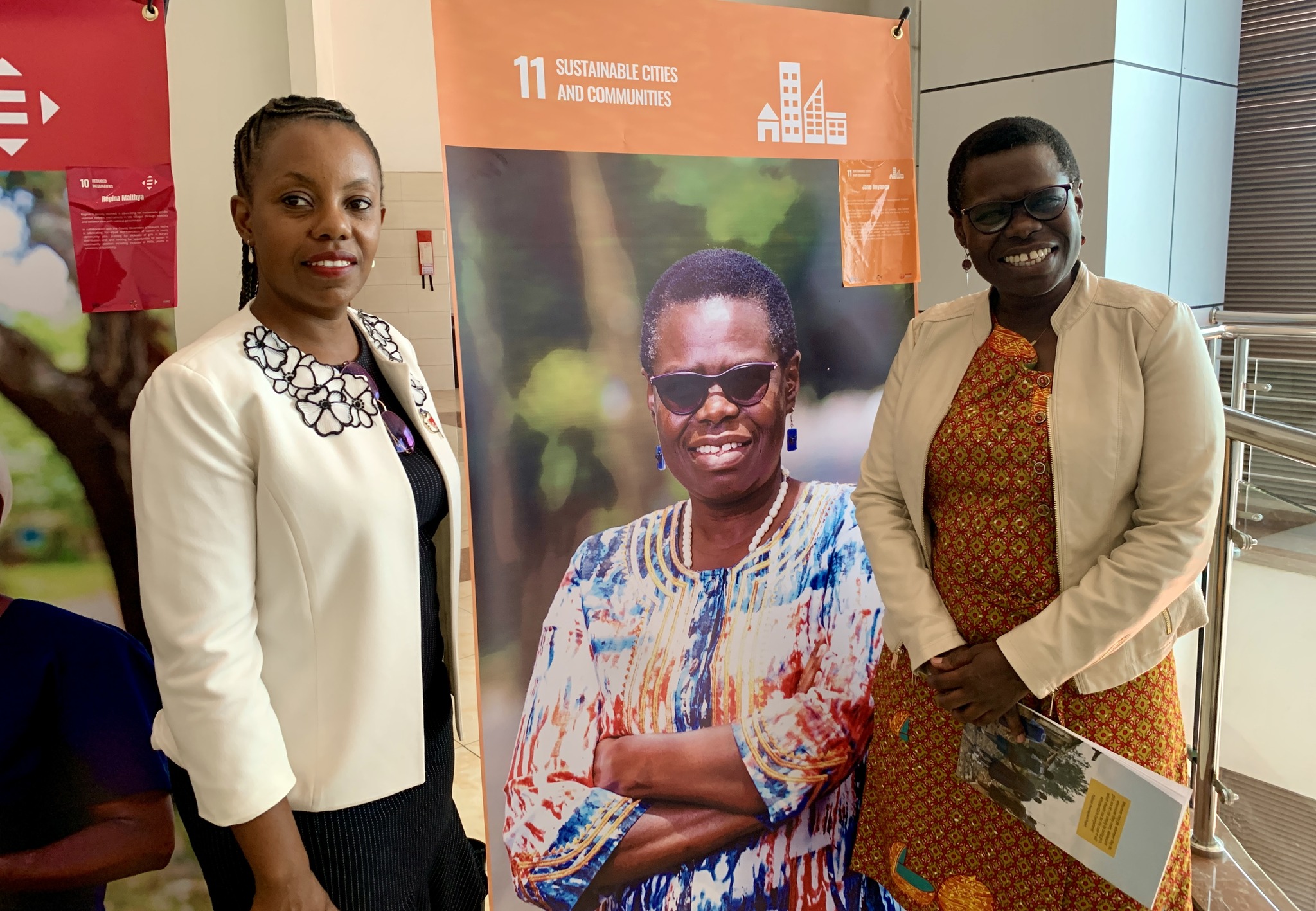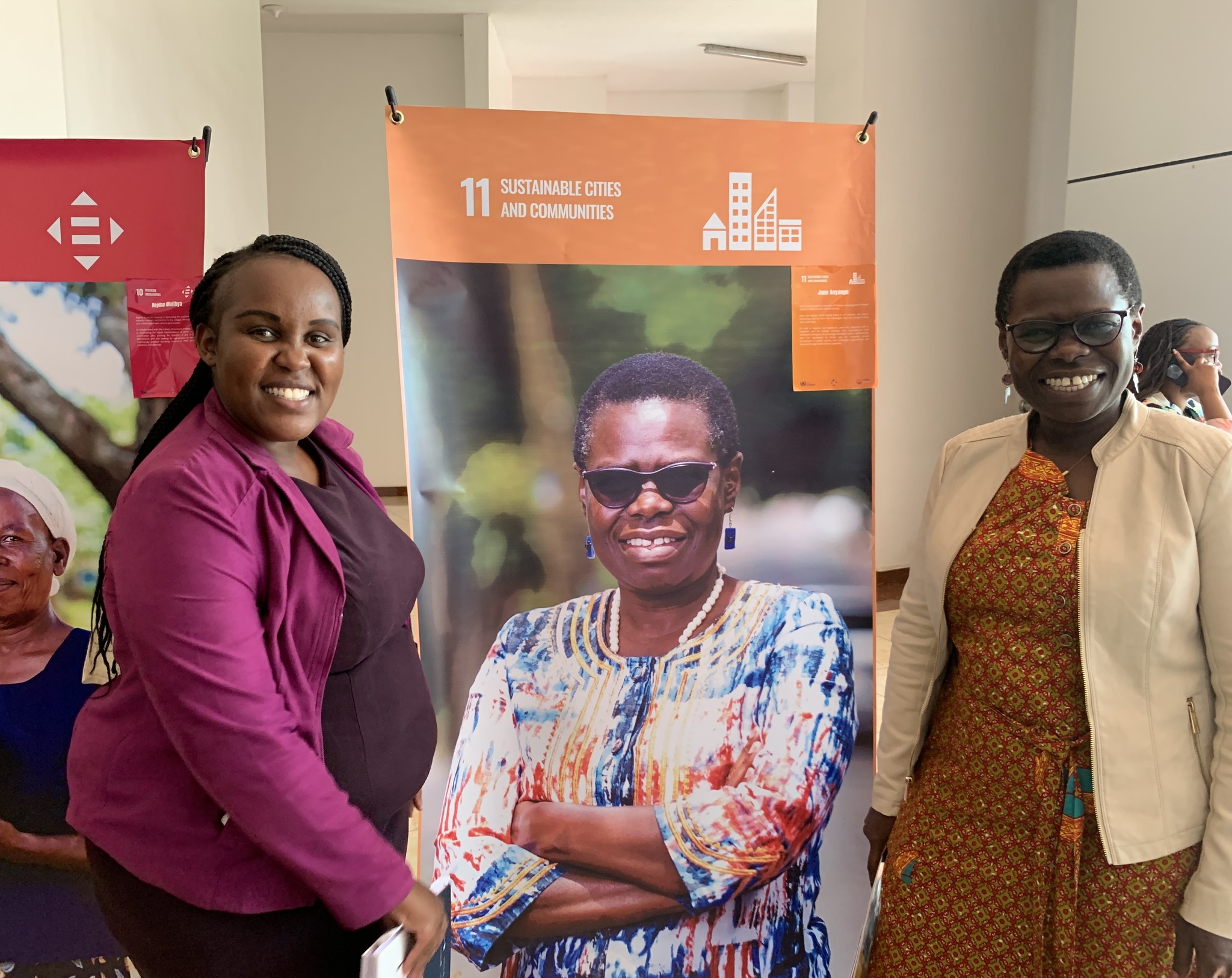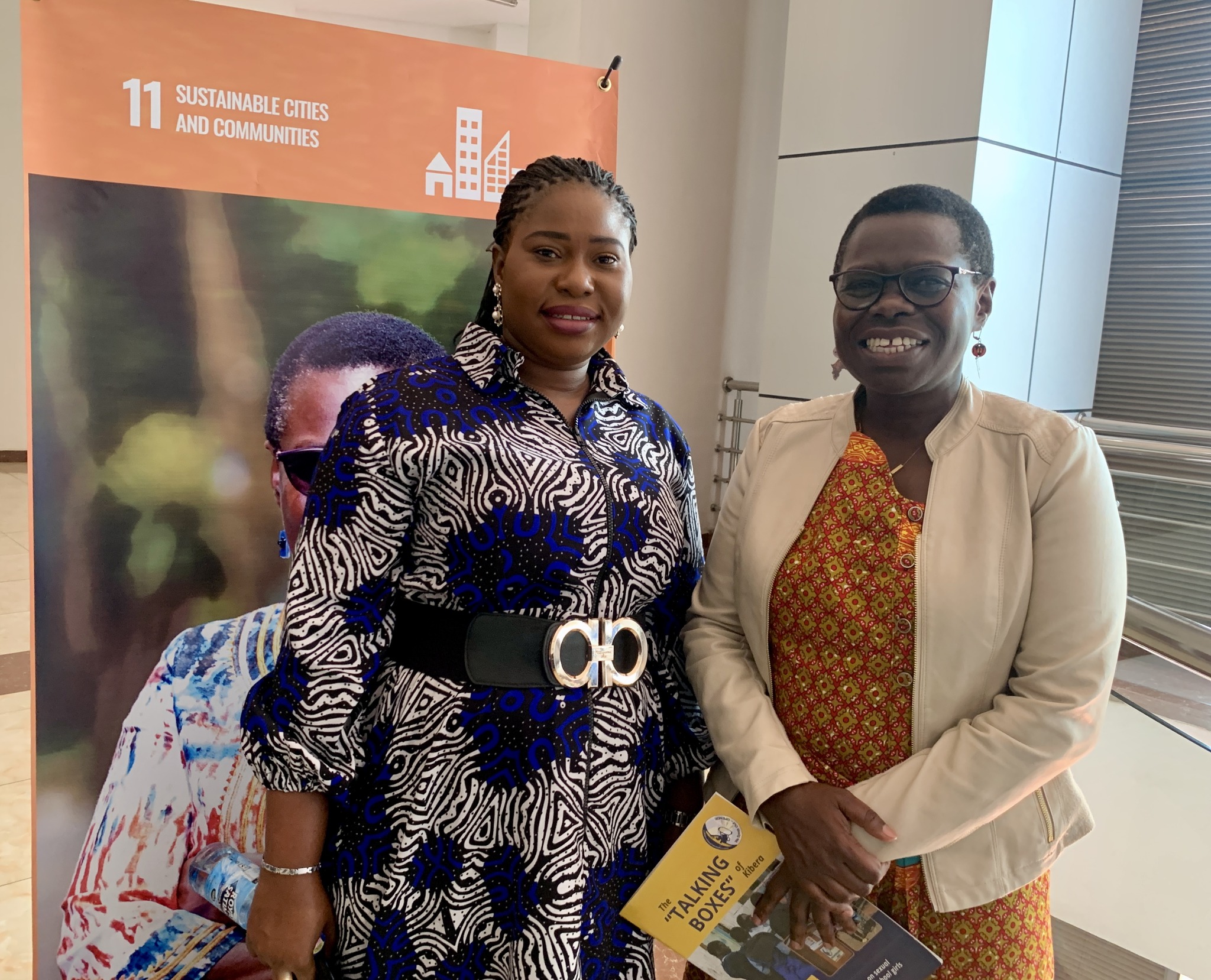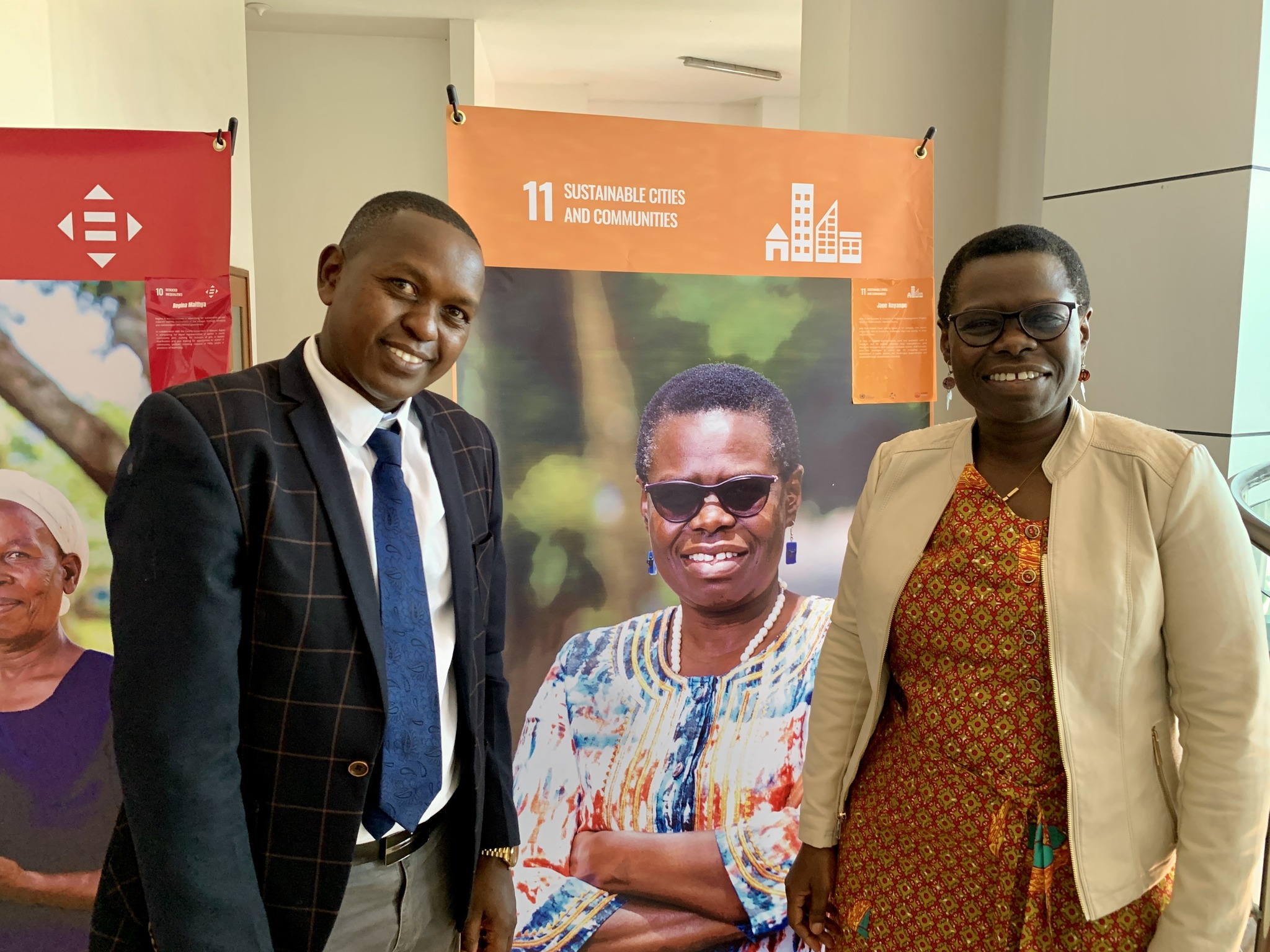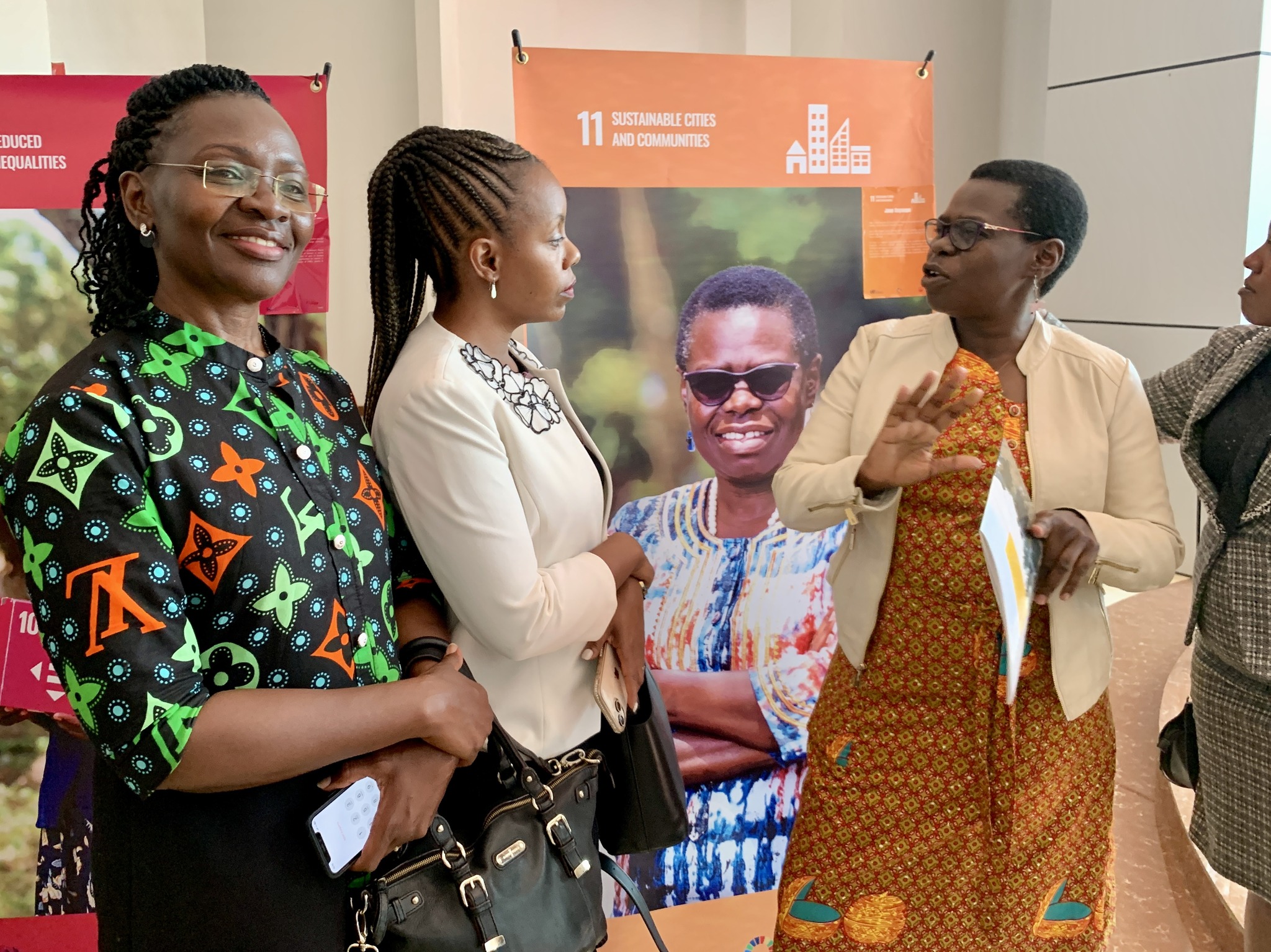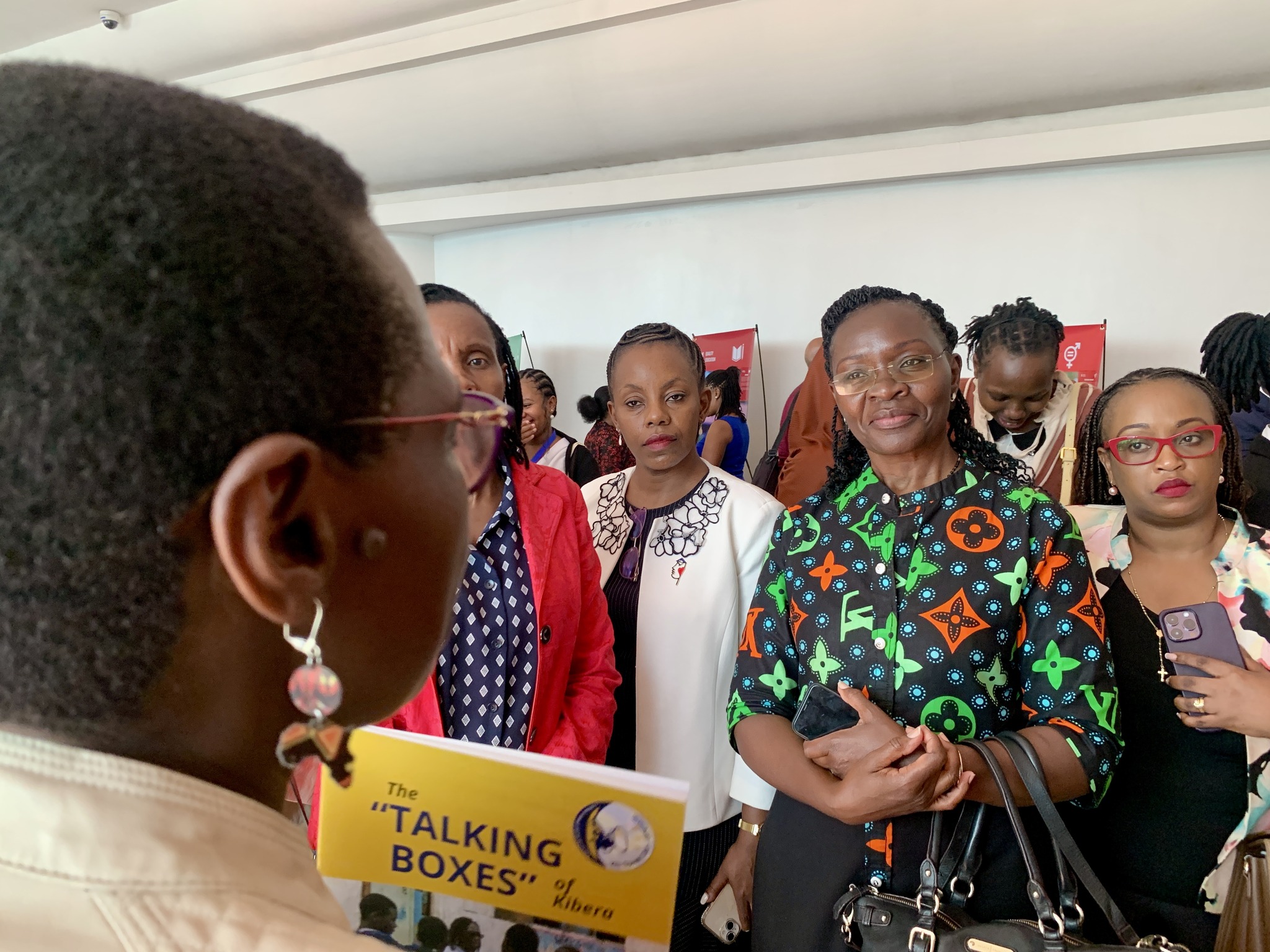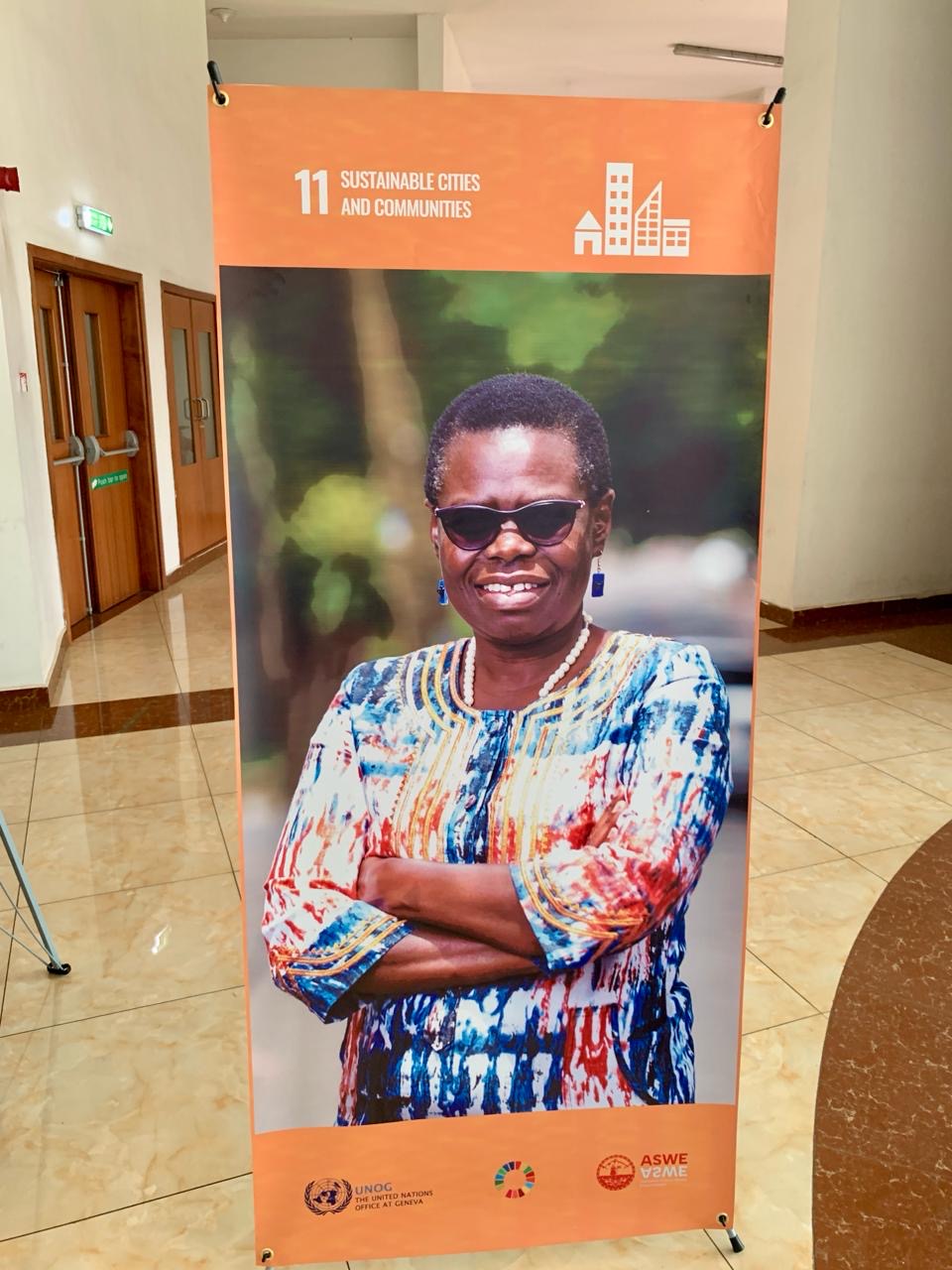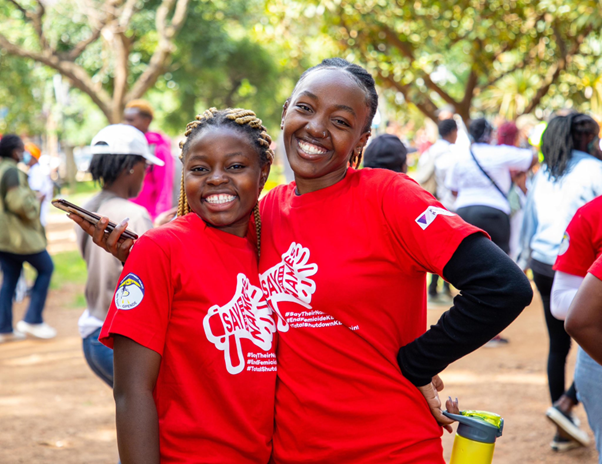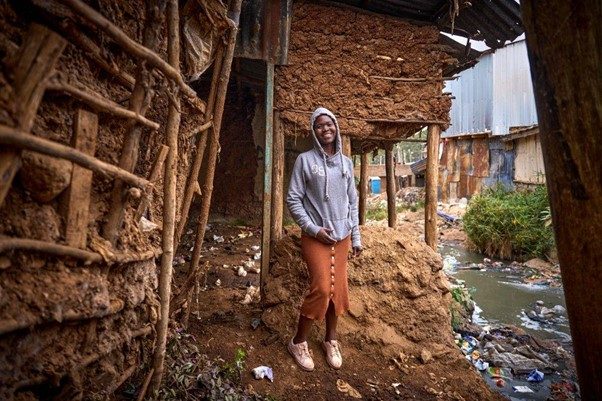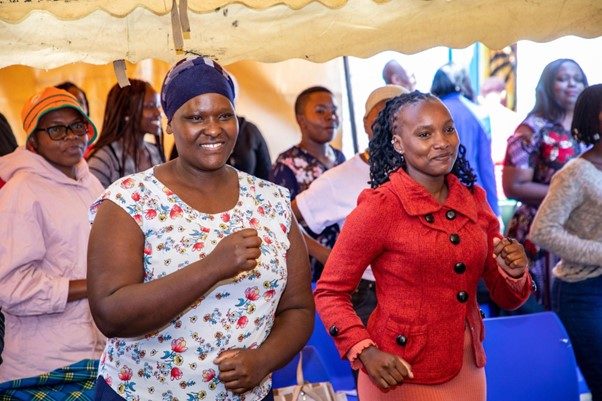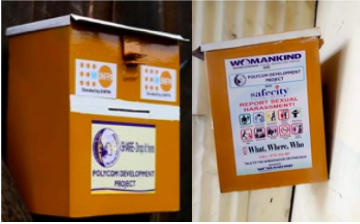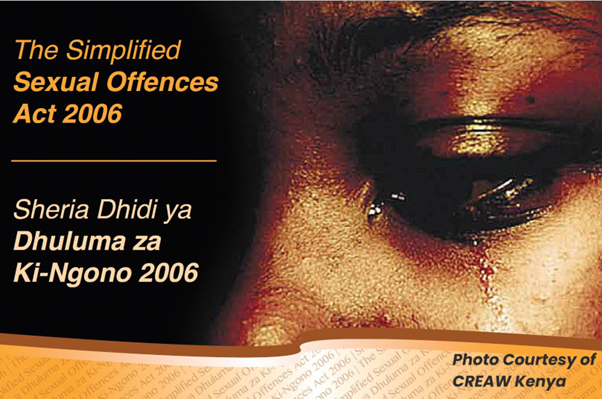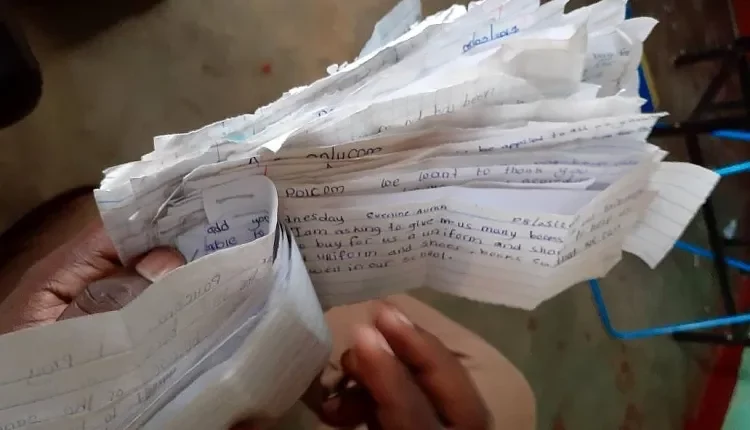Polycom Girls Empower Girls on International Women’s Day at Lavington Girls High School
Nairobi, Kenya,
On International Women’s Day (IWD), Lavington Girls High School came alive as Polycom Girls joined the girls in celebration. The event, held in collaboration with Dagoretti North MP, Hon. Beatrice Elachi, marked a major milestone in empowering women and girls to take up all spaces including leadership positions.
The collaboration was as a result of an informative legislative meeting facilitated by KEWOPA (Kenya Women Parliamentary Association), with female MPs from across the country gathering to discuss critical issues affecting women and girls in Kenya. Among the topics was the transformative impact of the “talking box,” a simple yet revolutionary tool that has been making waves in schools nationwide. The talking box, designed to foster open conversations, has become a part of the learning process, with girls seeking guidance, mentorship, and a safe space to share their experiences, through scribbled notes inside a locked box.
Impressed by the positive outcomes observed in schools where the talking box was deployed, Hon. Beatrice Elachi extended a heartfelt invitation to Polycom Girls to visit Lavington Girls High School, with a mission to empower yet another girl. The request was equally straightforward, with the girls requesting a talking box donation to keep speaking their minds beyond this International Women’s Day.
Our team from Polycom Girls rose to the occasion with an unwavering contribution to the talking box, words of encouragement, advice, and stories of resilience. But that was not all. Recognizing the practical challenges faced by girls, the organization also donated 200 pieces of sanitary towels. These seemingly small items hold immense significance for girls, ensuring their comfort and dignity during their menstrual cycles. It is a tangible gesture that speaks volumes about our organization’s dedication to the feminine holistic well-being.
The IWD celebration was also graced by Hon. Esther Passaris, former First Daughter Winnie Kibaki who shared anecdotes of their own feminine journeys, emphasizing the power of education and resilience. And, of course, Hon. Beatrice Elachi reflecting on leadership and advocacy. The day was filled with music, dance, and powerful messages tailored to uplift and motivate the girls present telling them that “You matter. Your voice matters.” Polycom Girls’ commitment to adolescent girls extends beyond the classroom. It is about nurturing resilience. In the words of Hon. Esther Passaris, “When girls rise, nations thrive.” What a beautiful way to conclude the IWD by investing constantly in young minds!



